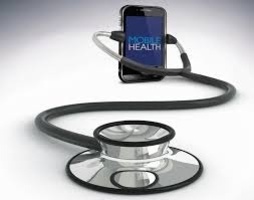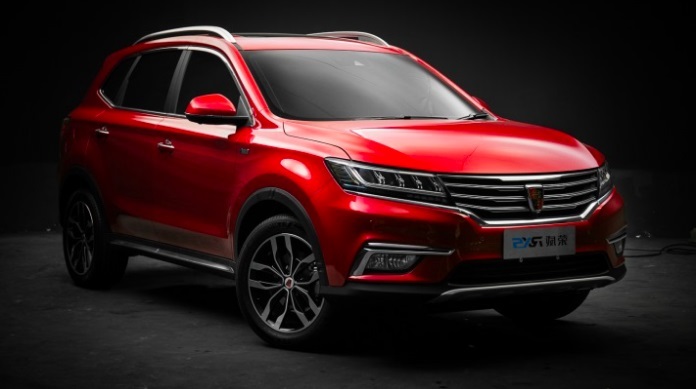A software kit developed by Medic Mobile can be used in any type of environment to support healthcare.
Mobile Health (mHealth) provided by Medic Mobile is improving healthcare accessibility and quality in Africa. Using VMware, the American non-profit technology company, specializing in mHealth, developed a special software toolkit. This toolkit can be used in just about any environment and supports any language. It also functions with internet connectivity and without it, in the cloud or locally.
The software toolkit is giving African’s access to quality healthcare in the remotest parts of the continent.
The web and mobile tools work on a basic cellular phone. The software is giving health workers the ability to track disease outbreaks, register pregnancies, communicate emergencies, communicate with patients and keep stock of medicines.
 The Medic Mobile solution is Linux-based and is made possible through a mobile network virtualized by VMware, running on VMware Player. The toolkit enables healthcare workers to gather and transmit patient data wirelessly via basic cell phones to the central clinic. This significantly cuts down on travel time and cost while making the delivery of quality healthcare better.
The Medic Mobile solution is Linux-based and is made possible through a mobile network virtualized by VMware, running on VMware Player. The toolkit enables healthcare workers to gather and transmit patient data wirelessly via basic cell phones to the central clinic. This significantly cuts down on travel time and cost while making the delivery of quality healthcare better.
Medic Mobile CEO Josh Nesbit stated that the organization’s vision “is that the things that we know save lives should be made accessible to everybody, no matter where they are, no matter how much money they make, no matter to what social group they belong. The vision is global health equality.”
Since the mobile health technology has been implemented, healthcare has improved in Africa.
For instance, in Uganda, infant mortality rates continue to decrease every year. One of the major reasons for this is community health workers can provide better care. They can register pregnancies through a simple text message to the Medic Mobile system. They can provide details including the patient’s name, estimated due date and risk factors. A patient ID is automatically generated by the system and sends automated reminders to both health workers and patients, regarding scheduled appointments. If the appointment is missed by the patient, the system will notify the health worker to followup with the patient.
Presently, over 9,000 healthcare workers are using mobile health tools from Medic Mobile to aid over five million people in 23 developing countries. Using these tools, the healthcare workers are achieving solid results.

 Alibaba’s new car takes a step beyond other cars that are able to access the internet via third-party apps or software. The company wants to make all vehicles a part of the much bigger IoT ecosystem. In this ecosystem,
Alibaba’s new car takes a step beyond other cars that are able to access the internet via third-party apps or software. The company wants to make all vehicles a part of the much bigger IoT ecosystem. In this ecosystem, 